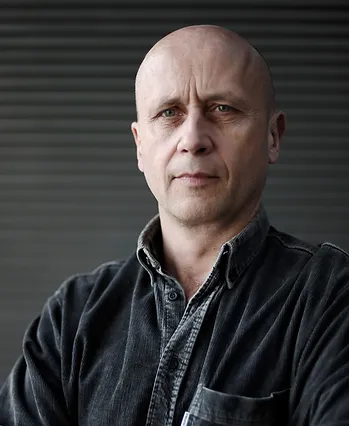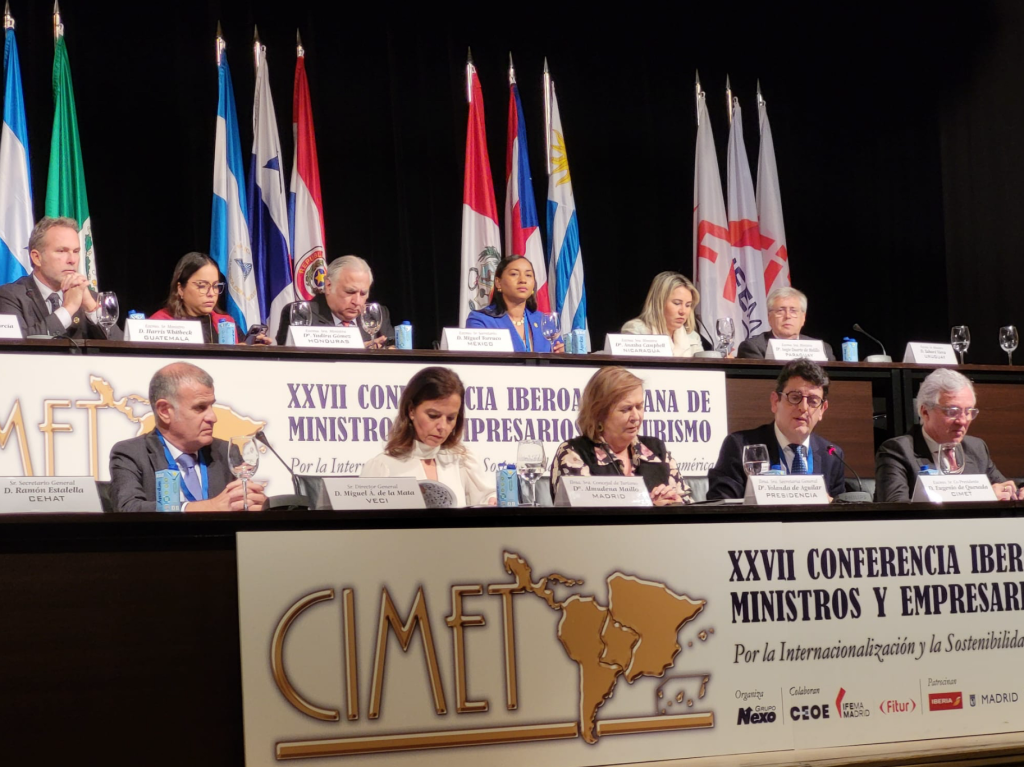
PORTUGUESE JOURNALISTS UNANIMOUSLY APPROVE A GENERAL STRIKE
By Ricardo Alexandre / TSF Rádio Noticias
The V Congress of Portuguese Journalists unanimously approved, with hundreds of professionals gathered at the end of four days of debates, a motion to call a general strike, with a mandate to the Union of Journalists to determine a date, together with the presidency of the congress and the proponents of the motion to call a strike. The decision was adopted on Sunday, January 21, 2024, at the Cinema São Jorge in Lisbon.
Approved unanimously and by acclamation, the motion states that “for years there has been an attempt to break the backbone of journalism and journalists in Portugal. The debacle and the level of destruction” they have witnessed in recent months “has exposed, and in the worst way, the seriousness of the conditions under which journalism is practiced in Portugal”.
They explain that the current state of emergency “did not begin” with the attempt to “destroy the Global Media Group” (owner of the dailies Jornal de Notícias and Diário de Notícias, as well as the news radio TSF, among more than a dozen other journalistic brands). The crisis, they say, “is rooted in all the newsrooms”.
Portuguese journalism professionals (more than 5,000) feel “despised from the moment we set foot in a newsroom. We live eternally with low salaries, we are precarious, forced to work long shifts, the vast majority without overtime pay. They put pressure on us from all sides, they attack us and we have less and less of a voice. They try to divide us, but there comes a time when collectively, as a professional class, we have to stand up. That moment is here and now. We can’t take it anymore, we have less and less to lose.”
For very serious moments, appropriate gestures, “that start with each one of us. April 25 was not achieved without courage, audacity and large doses of risk and individual sacrifice,” they add. This year, Portugal celebrates the 50th anniversary of the April 25 Revolution, the Carnation Revolution, which returned freedom to the country after 48 years of dictatorship and initiated the democratic process.
Portuguese journalists warn that “every day, in newsrooms all over the country, thousands of journalists try to do the impossible”. They do so at “the cost of their rest, their health, their families, their friends and, above all, their future”. With newsrooms reduced “by half, with journalists with decades of experience marginalized, with memories fading, with the youngest ones undergoing brutal sacrifices or leaving the profession prematurely”.
They realize that the time has come to say: enough is enough. “We have to stop. We simply have to stop. Demand that they listen to us once and for all. Stop giving news, stop doing live reports, abandon newsrooms and press conferences. Let’s not put newspapers on newsstands, let’s not give news on the radio, let’s not rebroadcast news, let’s not post on social networks.”
They will soon announce the date of the general strike “for decent salaries, for the end of job insecurity, for better conditions for the exercise of the profession”. In short, in “defense of the dignity of journalism”.
The Portuguese journalists intend to organize, at the same time as the strike, “a national demonstration to publicly express the discontent and demands of the profession”.
In the final resolution of the Congress, also approved unanimously and by acclamation, the Portuguese journalists conclude that “the current state of emergency of national journalism calls on all to commit themselves to the search for solutions and to unite around the principles and values that govern the profession”.
The financial sustainability of journalism, they argue, “demands immediate measures and structural solutions, otherwise a fundamental instrument for the health of democracy, so threatened throughout the world, will be destroyed”.
They consider it imperative to carry out “a serious reflection on the financing of journalism, without excluding state support, provided that the autonomy and independence of journalists is safeguarded, as is the case in countries that conceive journalism as a public good”. France, Belgium, Denmark, Sweden, Italy and Canada are examples of this, as well as neighboring Spain, where support often comes from the budgets of the autonomous communities.
Multi-awarded investigative reporter Miguel Carvalho states that “in the most fragile moment for journalism in democracy, threats to the profession and to the regime itself are detected. Dubious figures, with untraceable capital and unmentionable interests, are gaining prominence in the control of the media. With our share of anesthesia, survival and illusion, they entered through the roof and broke into the safe where we thought we had shielded what was left of a free and honest journalism”, he said, in one of the motions that received the most ovations during the act.
Sofia Branco, former president of the Journalists Union, affirms that “public policies cannot ignore the difficulties of communication companies, nor the growing unemployment of journalists, subjected to unworthy salaries and precarious contracts. Exceptional times call for exceptional measures. It is imperative to debate the role of the State, which can do more, and to summon everyone – companies, civil society, journalists, citizens and large platforms – to this national emergency”. At the end of his motion, he issues the challenge: “This is a matter of national emergency. It is time to save journalism together. Otherwise, in a short time, there will be nothing left to save.”
Branco, along with his successor in the presidency of the SJ, Luís Filipe Simões, former president Diana Andringa and Pedro Coelho, who chaired the V Congress, were the signatories of one of the 23 motions voted, related to the case of the Expresso journalist assaulted this month while covering an event of the radical right-wing populist Chega party at the Portuguese Catholic University and also approved by the congress. The journalists “ask the State Attorney General’s Office to open an investigation to determine responsibilities and to respond quickly to the complaint”.
The issue of diversity was also addressed in a motion approved by the congress and “the creation of a working group was proposed to verify the existence of diversity in the newsrooms, or the lack thereof”. In addition, it was proposed the creation of a consultation document for newsrooms”, in which the shortcomings that associations and NGOs consider relevant are made visible.
The mental health of professionals was also the basis of a motion that “suggests free psychology consultations for journalists, since 48% present high levels of burnout and 18% already suffer professional exhaustion”.
————
This text is free to use.



